Trump signs executive order to end preferential treatment for Hong Kong

President Trump announced Tuesday he has signed legislation to impose sanctions on China in response to its interference with Hong Kong’s autonomy.
He also signed an executive order ending the preferential treatment that Hong Kong has enjoyed.
What is the meaning of Trump’s executive order to end preferential treatment for Hong Kong?
On July 14th, 2020, President Donald Trump signed an executive order to end the preferential treatment for Hong Kong regarding trade and economic relations. This decision comes in response to China’s imposition of a new national security law in Hong Kong, which the United States view as limiting the city’s autonomy.
The executive order will eliminate the special treatment given to Hong Kong, which includes lower tariffs, free trade, and other incentives that the city-state receives as a separate customs and economic zone from mainland China. This move will enforce the same trade and economic measures that apply to China for Hong Kong, which will undoubtedly damage the city’s economy, especially its position as a financial hub.
This decision follows the increasing pressure from the United States, where officials have expressed concern over China’s encroachment of Western values, such as human rights, democracy, and the rule of law. The Chinese government’s move to impose a new national security law in Hong Kong is seen as going against the “one country, two systems” policy agreed upon after the former British colony’s return to the mainland in 1997.
Trump’s executive order sends a warning to China, indicating that the United States is not willing to tolerate China’s violation of Hong Kong’s autonomy and freedom. President Trump’s actions are consistent with his administration’s efforts to take a tough stance against China, which they view as a major trade and economic competitor, as well as a threat to national security.
The decision will not only harm the economy of the special administrative region but also have implications for companies that have been using Hong Kong as a gateway to access the Chinese mainland. According to some analysts, the move could result in Beijing retaliating by restricting access to the mainland’s market or manipulating the financial sector, which could result in further geopolitical tension.
The implications of the decision on the people of Hong Kong also remain unclear. The city-state has been the site of pro-democracy protests, which have been met with a heavy-handed police crackdown. There are concerns that further actions by the United States could exacerbate tensions and lead to more protests.
In conclusion, Trump’s executive decision to end preferential treatment for Hong Kong, while symbolic, sends a strong message to China, indicating that the United States is not willing to accept China’s actions that go against its values and interests. However, the decision could have broader implications, including damage to the Hong Kong economy and an escalation in geopolitical tension between China and the United States. The full effects of the executive order remain to be seen, and the international community will be watching developments closely.
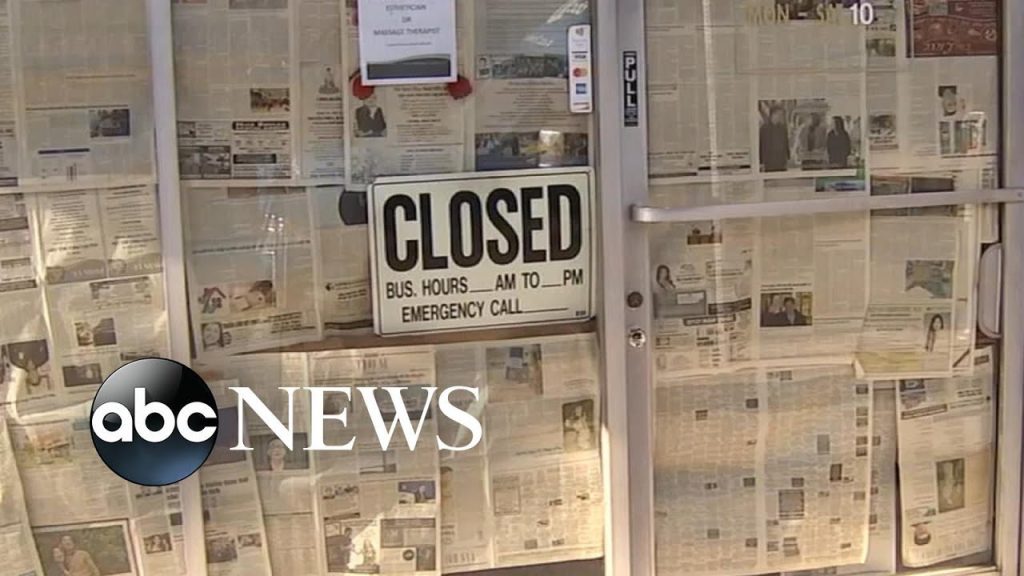
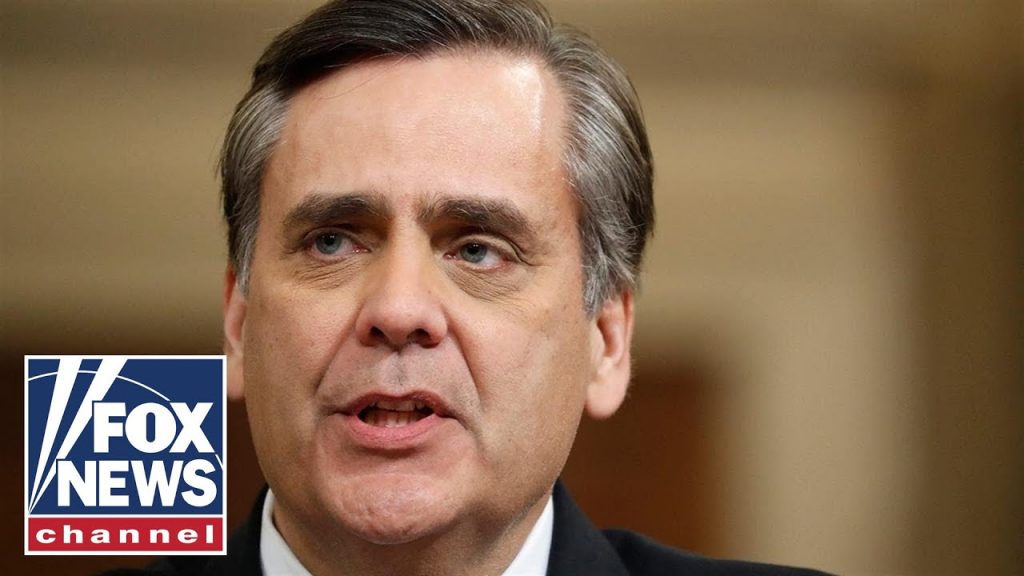
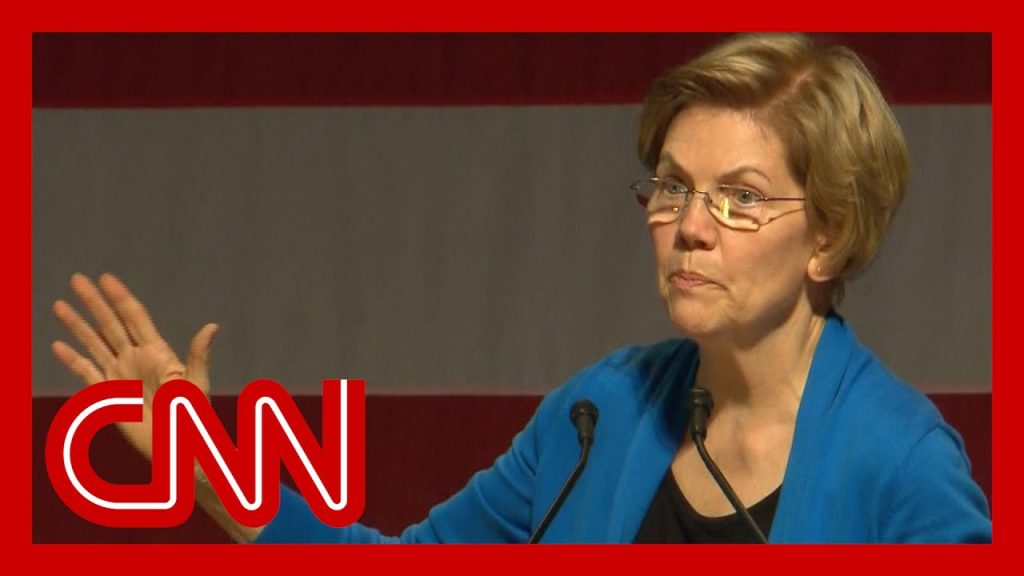
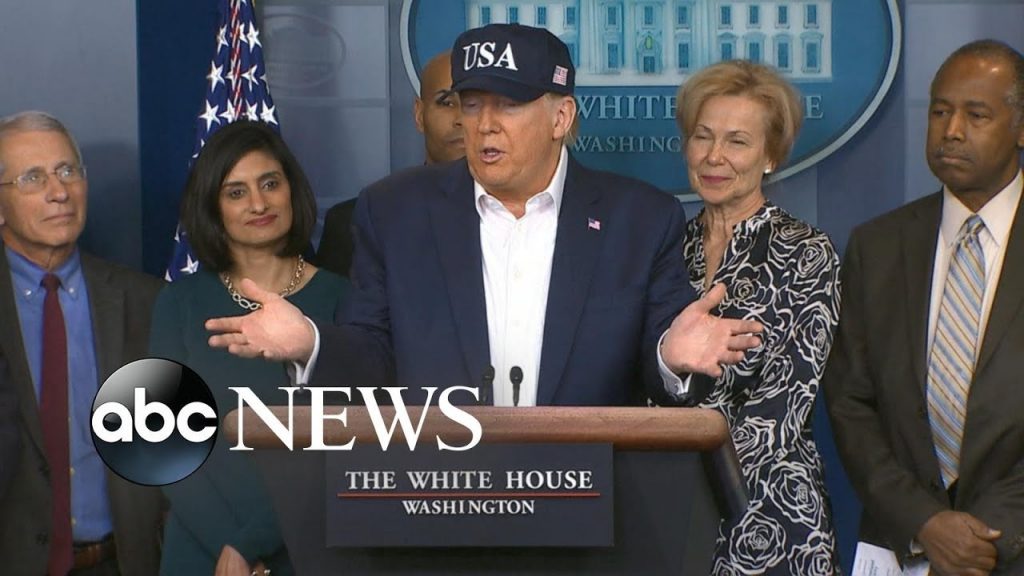

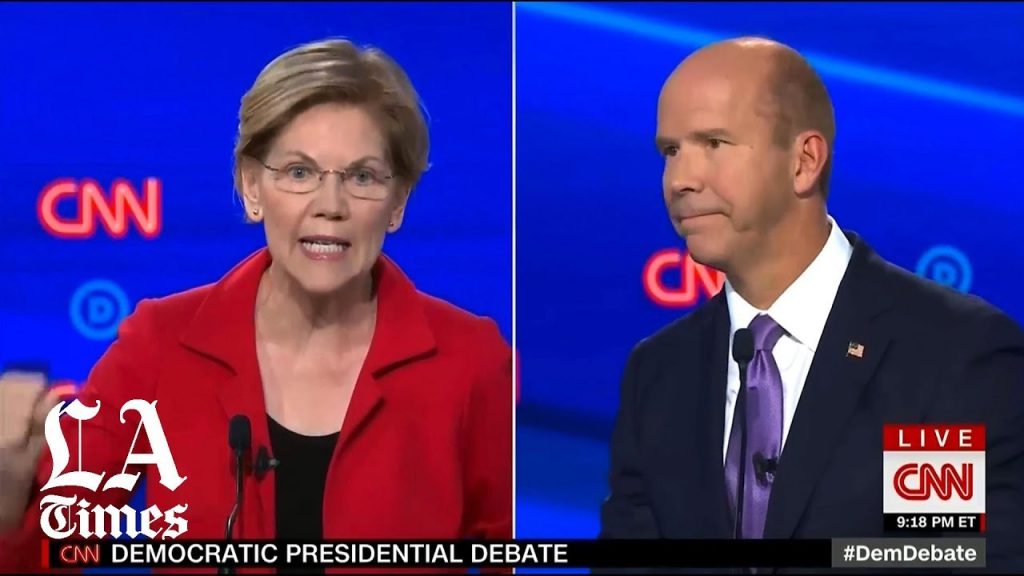



Benjamin Netanyahu may fall short in Israel election l ABC News
China Sends Warning Sign With Taiwan Travel Ban
Fareed Zakaria: Boris Johnson is bad for Britain, Europe and the US
Coronavirus: Number of Americans Testing Positive Skyrockets
Has Congress Lost its Mind? $2,000 Stimulus vs War with Korea